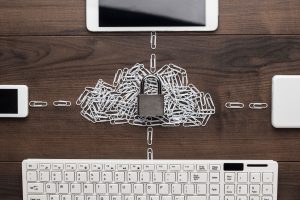A recent report by web security firm Cloudflare revealed that there had been six times more cyber attacks over the past month. Everyone is potentially at risk, and anyone can be a target.
Phishing: A Common Cyber Attack
Phishing is when hackers and scammers attempt to get sensitive information from users, such as their passwords, PINs, and credit card numbers. They do this by posing as legitimate organisations – like banks, stores, even the government – to trick people into giving away those credentials.
Phishing is usually done via email. The message will claim to be from, say, a bank. It will say something like your account has been compromised, and that you need to send over your username, password, or PIN to secure your account.
Once the scammers have access to the bank account, they can proceed to do their dirty work. Your money could be gone in an instant.
Why the uptick in Cyber Attacks?
For the most part, hackers are taking advantage of the extra time they have, owing to the COVID-19 pandemic. As everyone is on lockdown and ordered to stay at home, cybercriminals, too, have much more time on their hands. So-called ‘recreational’ hackers, who develop and spread malware for fun, also add fuel to the fire.
How can I protect myself?
Anyone can be a victim of a cyberattack, but in the same way, anyone can avoid them too. First of all, be aware of the content of emails. If they ask for your username and password, never give them away. If it were really your bank, they would never ask you to reveal this information to them.
Another thing is to be aware of the sites that you visit. If something feels off, then it may well be a phishing site. Do a quick Google first to find out more about the site. When in doubt, click out.





